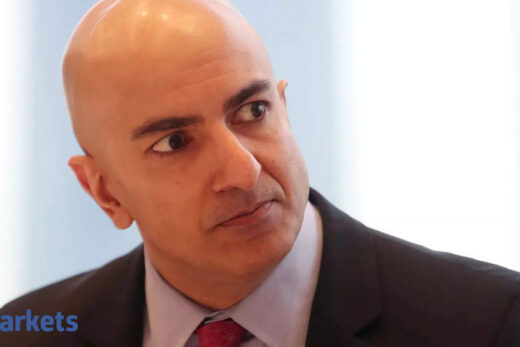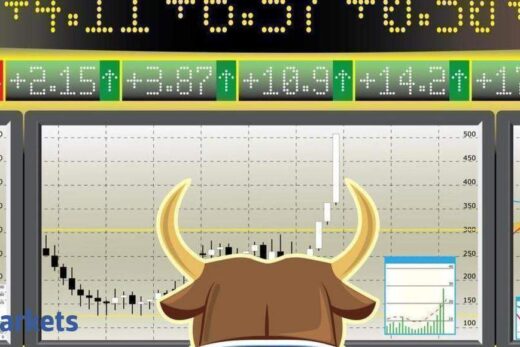According to Refinitiv data, US ETFs attracted a record inflow of $324 billion in the first four months of this year, which was 180% higher than the same period of last year. At the same time, US mutual funds received an inflow of $318 billion, which was a 58% drop.
This surge in inflows is evidence of growing investor interest in ETFs, due to their lower fees and tax liabilities, and better returns compared with active funds in recent years.
Analysts said proposals by the Joe Biden administration to increase the US capital gains tax had also fuelled interest in ETFs.
“Over the last six months, flows have continued to be robust as the elevated savings pile of the private sector found its way into financial assets, benefitting ETFs,” said Komson Silapachai, vice president at investment management firm, Sage Advisory Services, based in Austin.
“The expected increase in capital gains tax later this year should result in a higher preference for ETFs versus mutual funds for the highest tax brackets.”
As most ETFs are passively managed, there is less amount of buying and selling taking place, which leads to lower capital gains and taxes.
Also, ETF redemptions take place through a mechanism called “in-kind transfer” in which ETFs have to deliver baskets of securities to authorized brokers instead of paying cash, which precludes them from being taxed.
According to Refinitiv data, U.S equity ETFs saw a cumulative inflow of $149.6 billion in the first four months of this year, while debt ETFs obtained $283.6 billion.
The Vanguard 500 index fund led this year’s inflows seeing net purchases of $20.7 billion, while iShares Core S&P 500 ETF and Financial Select Sector SPDR Fund procured $11.8 billion and $9.6 billion respectively.
Analysts said the higher inflows were also due to the availability of a variety of ETFs which are focused on certain themes or sectors.
The surge in ETFs was prompted by an SEC rule in 2019 that eliminated some exemptive relief requirements that has made ETF launches expensive and time-consuming.
“The relaxation of the exemption rule requirements has allowed ETFs to be structured to cover narrower segments of the market such as marijuna stocks, ‘high conviction’ stocks, crypto-focused, etc.,” said Warren Ward, founder of financial planning firm, Warren Ward Associates in Houston.
“I suspect this is the main driver of the higher inflows, he said.
“Why choose a single stock if you can utilize a small basket of them instead?”



